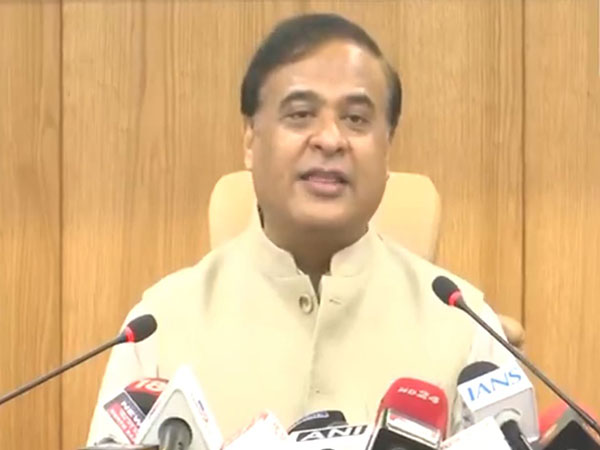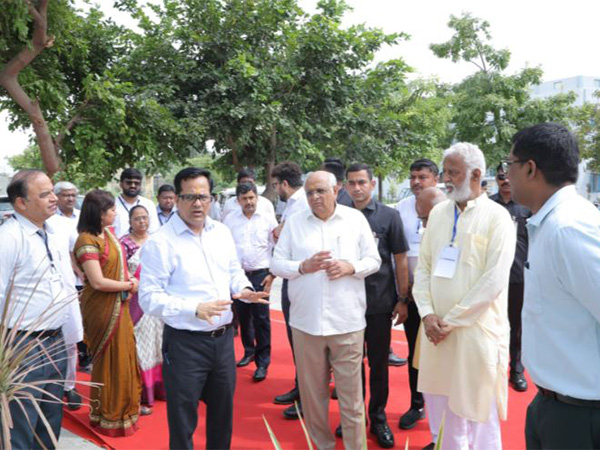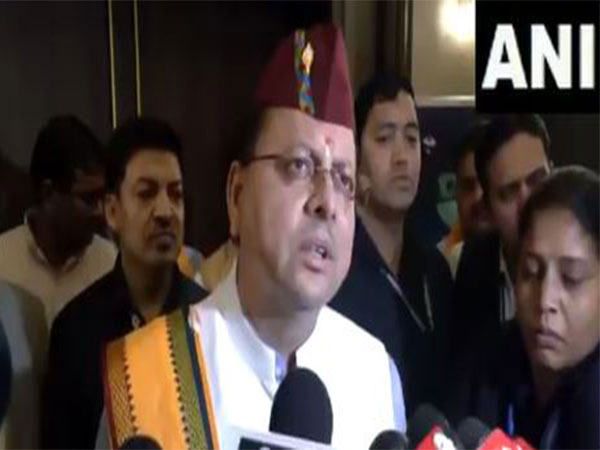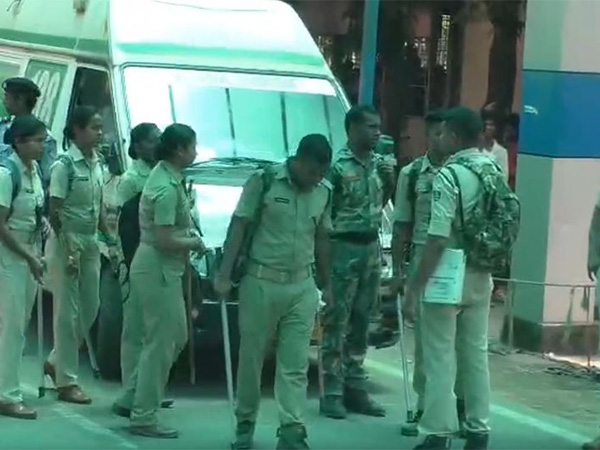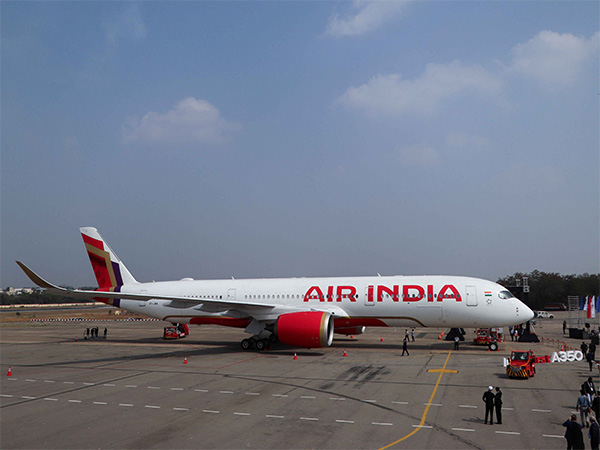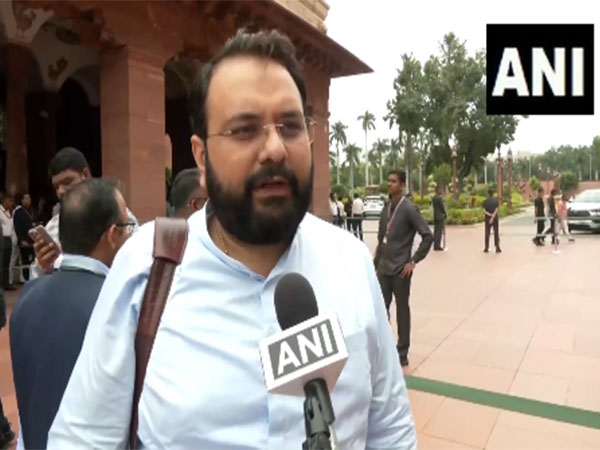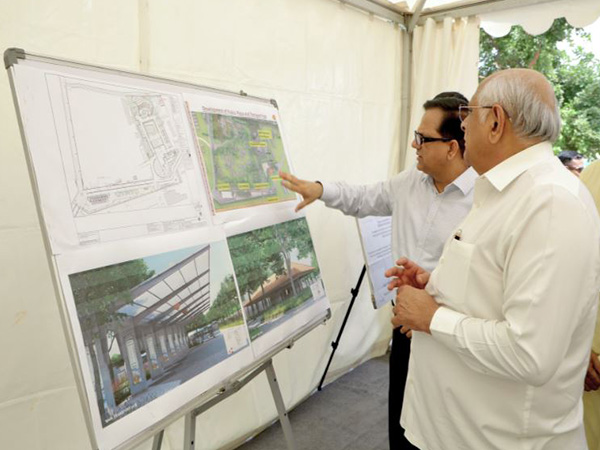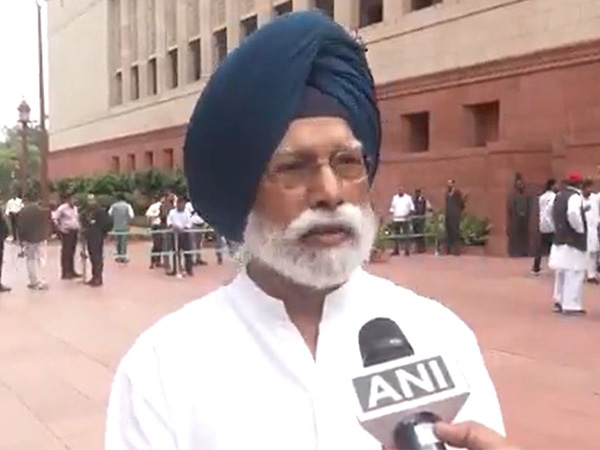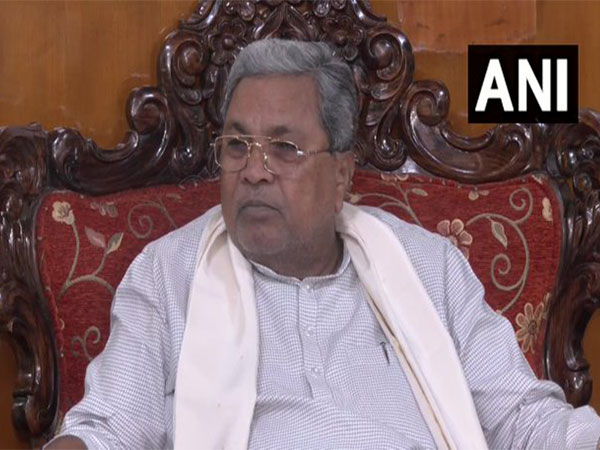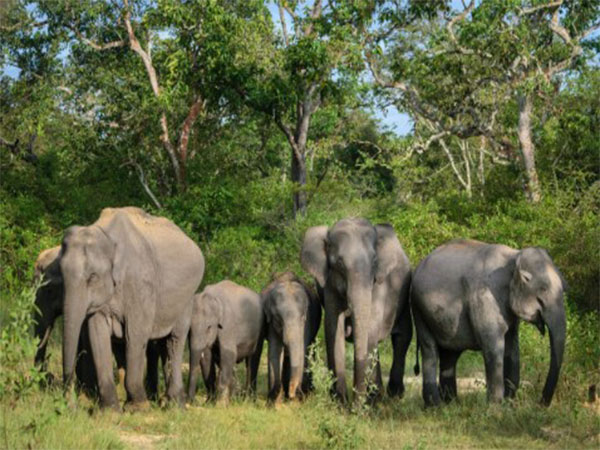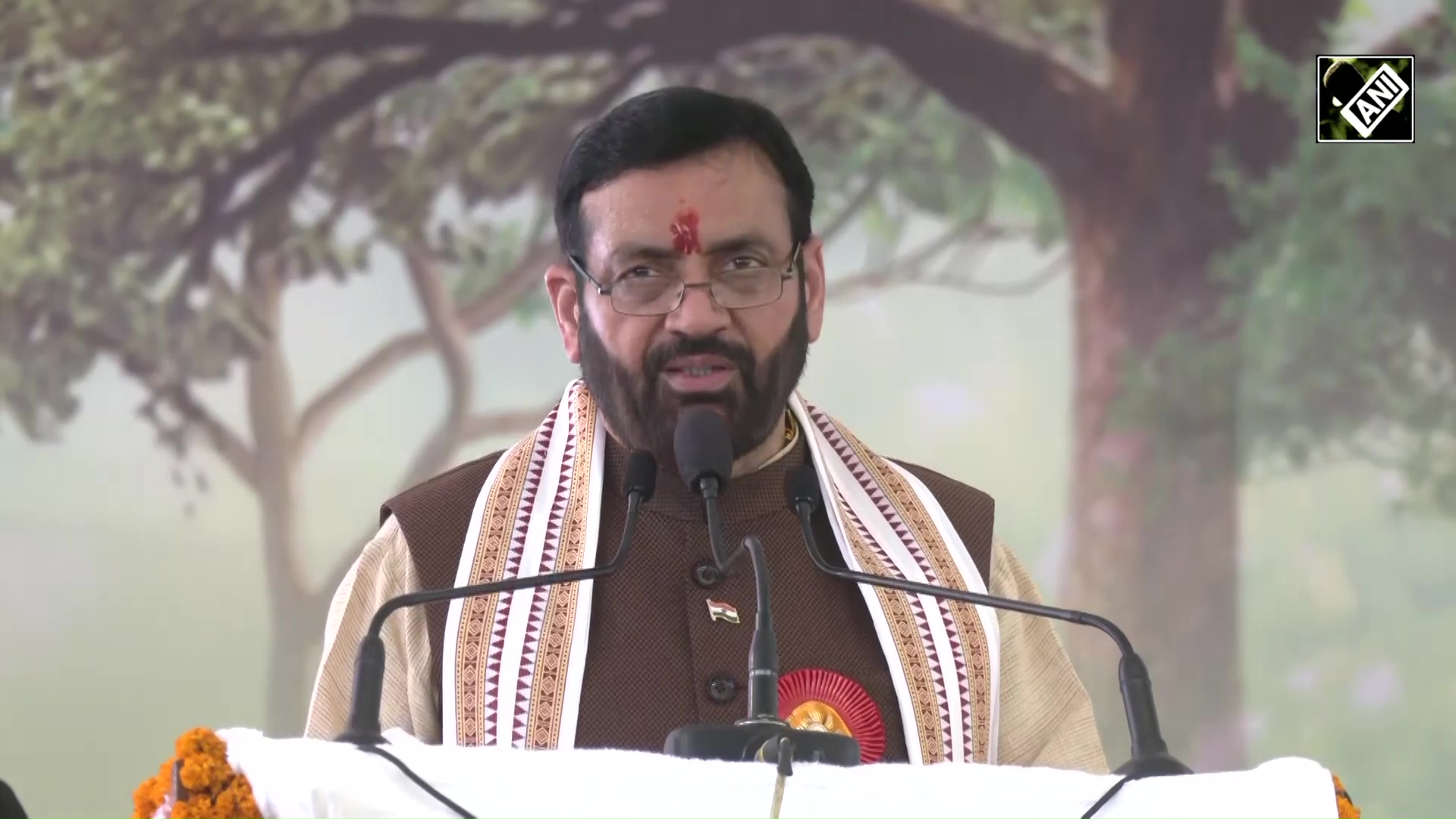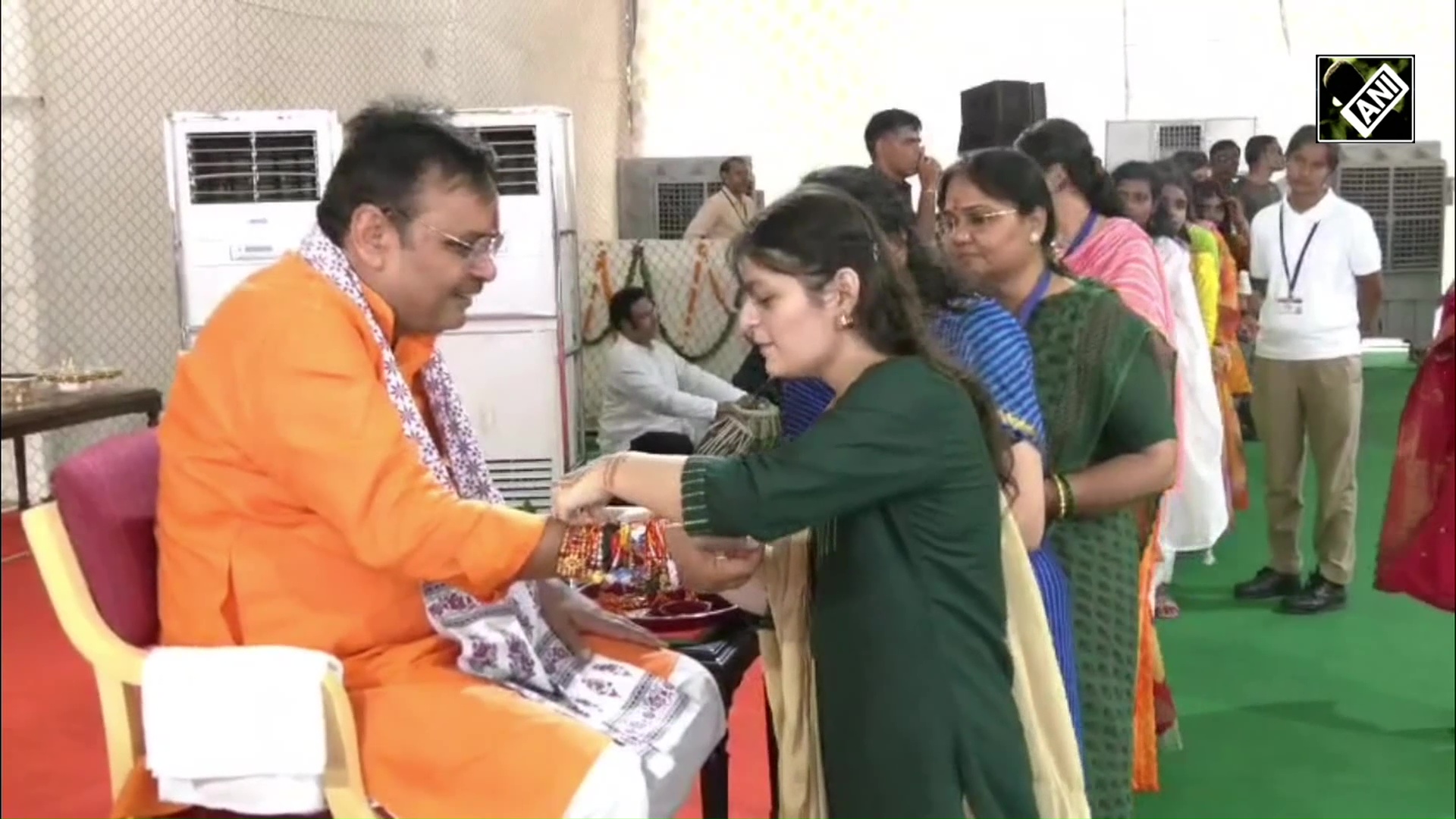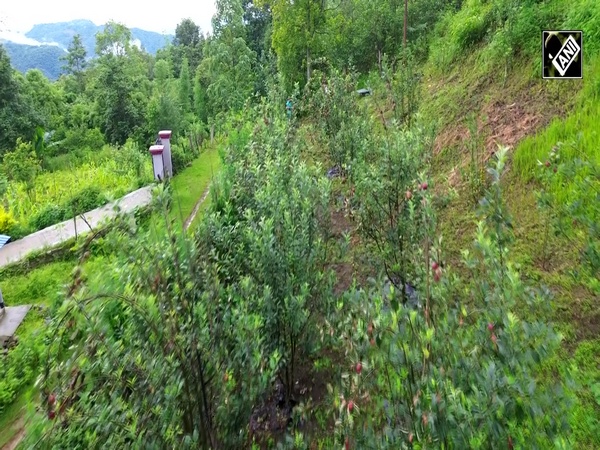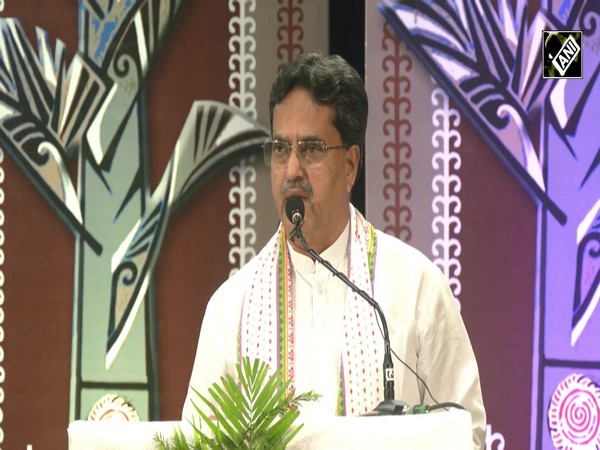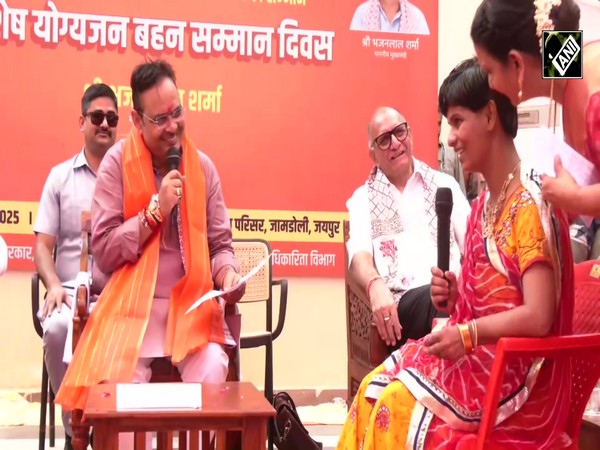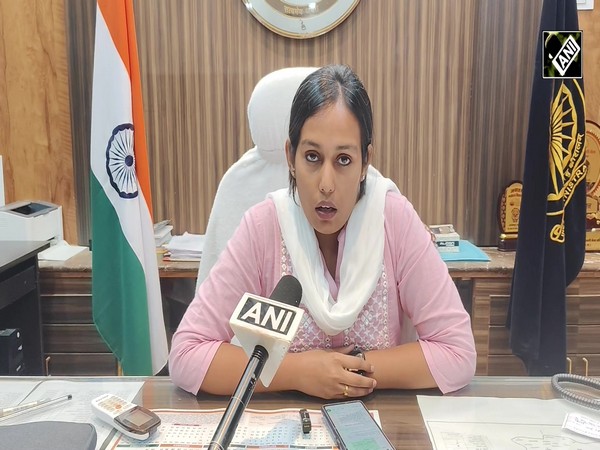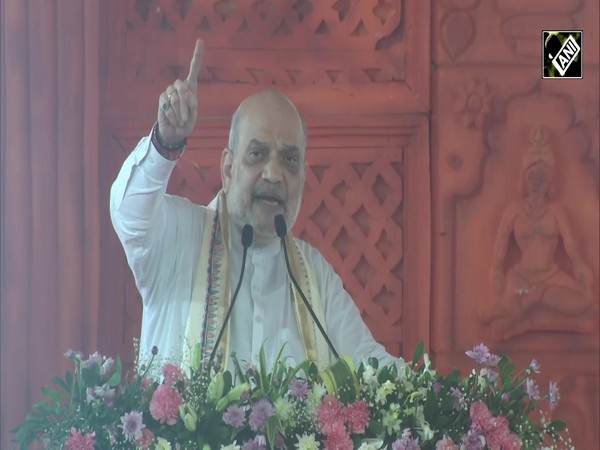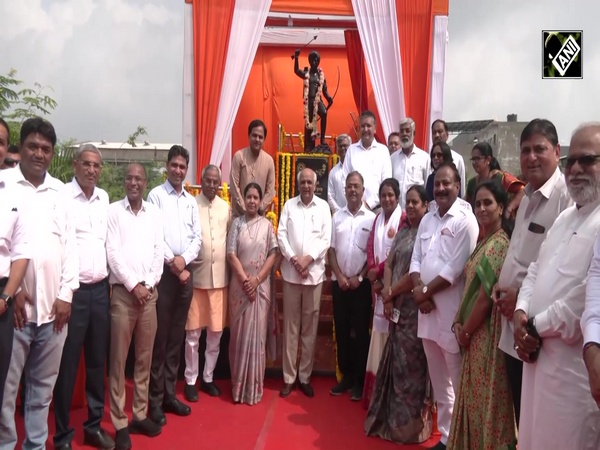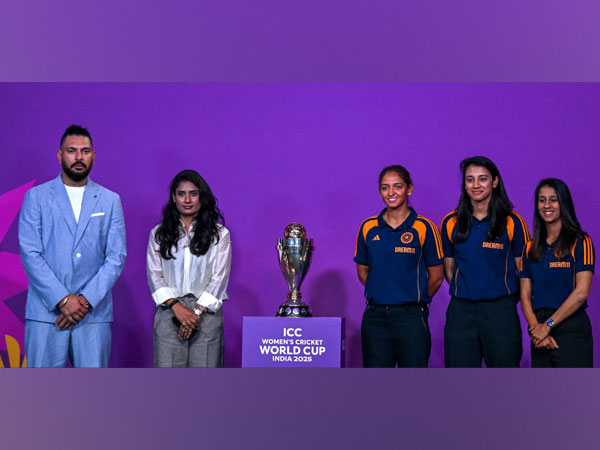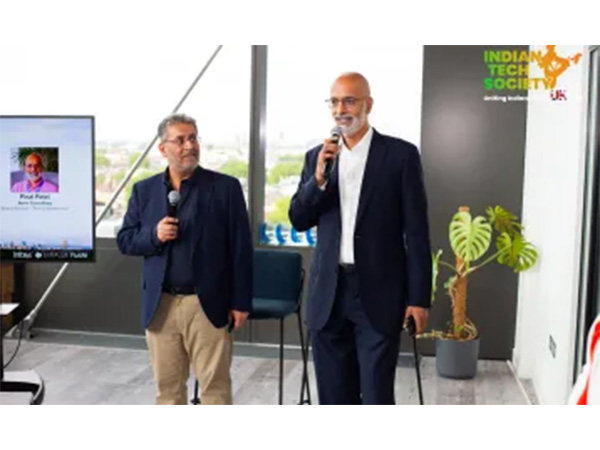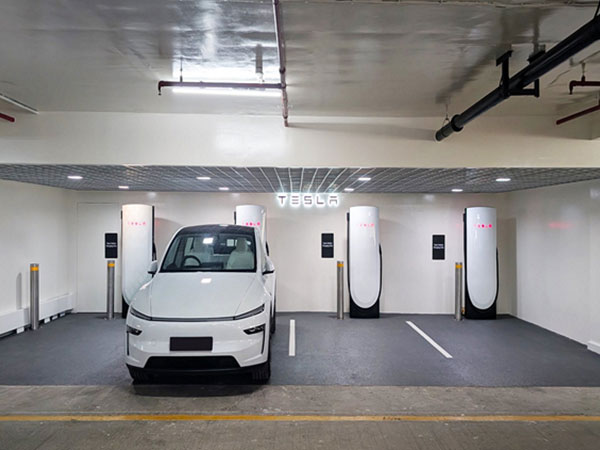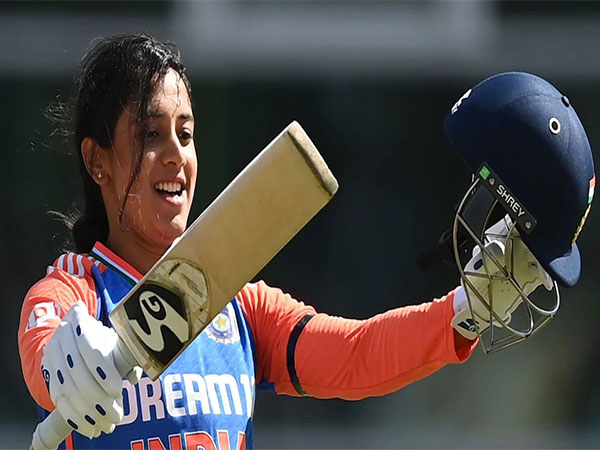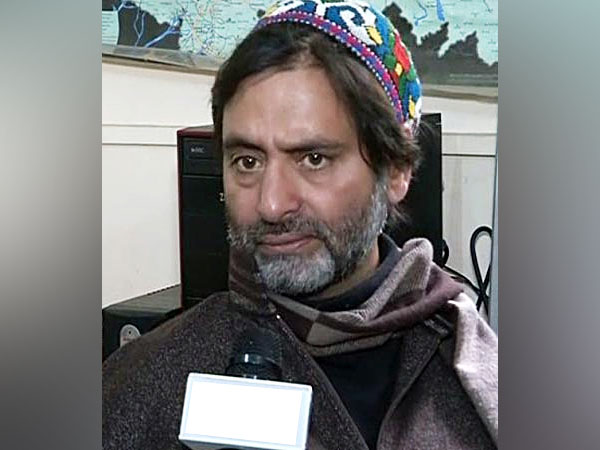
Delhi High Court seeks Yasin Malik's response in NIA's death penalty appeal
Aug 11, 2025
New Delhi [India], August 11 : The Delhi High Court on Monday directed Kashmiri separatist leader Yasin Malik to respond to the National Investigation Agency's (NIA) appeal seeking to enhance his life sentence to the death penalty in a 2017 terror funding case.
A division bench comprising Justice Vivek Chaudhary and Justice Shalinder Kaur granted Malik four weeks to file his reply and scheduled the next hearing for November 10.
During proceedings, NIA's special counsel, Advocate Akshai Malik, cited a previous court order dated August 9, 2024, in which Yasin Malik had stated his intention to represent himself. That order also mandated his appearance via video conferencing due to security concerns. However, Malik failed to appear virtually at the latest hearing, prompting the bench to reiterate its directive for his online presence at the next session.
In 2022, Malik was sentenced to life imprisonment after pleading guilty under the Unlawful Activities (Prevention) Act (UAPA). The trial court ruled that the case did not meet the Supreme Court's "rarest of rare" threshold for capital punishment. Malik's claim of leading a non-violent, Gandhian-style movement was also rejected.
The NIA's case, filed in 2017, accused Malik and others of conspiring with Pakistan-based terrorist groups to foment unrest in Jammu and Kashmir. In March 2022, charges were framed against Malik and several co-accused, including Hafiz Muhammad Saeed, Shabbir Ahmad Shah, Hizbul Mujahideen chief Syed Salahuddin, Rashid Engineer, Zahoor Ahmad Shah Watali, Shahid-ul-Islam, Altaf Ahmad Shah (alias Fantoosh), Nayeem Khan and Farooq Ahmad Dar (alias Bitta Karate)
Three individuals, Kamran Yusuf, Javed Ahmad Bhatt, and Syeda Aasiya Firdous Andrabi, were discharged from the case.
In a related development, a UAPA Tribunal led by Justice Neena Bansal Krishna of the Delhi High Court recently upheld the Union Home Ministry's decision to extend the ban on the Jammu and Kashmir Liberation Front (JKLF) for another five years. Originally imposed in 2019, the ban was renewed on March 15, 2024. The tribunal emphasised that "no tolerance" should be shown toward organisations that openly advocate secessionism.
The tribunal's findings challenged Malik's assertion that he abandoned armed resistance in 1994. Evidence presented included his alleged visits to terrorist camps in Pakistan-occupied Kashmir and his involvement in mobilising illegal funds for violent activities and protests in the Kashmir Valley.
The NIA's 2018 charge sheet also outlined a leadership hierarchy within the All Parties Hurriyat Conference (APHC), identifying SAS Geelani, Malik, and Mirwaiz Umar Farooq as key figures under the "Joint Resistance Leadership" banner.
